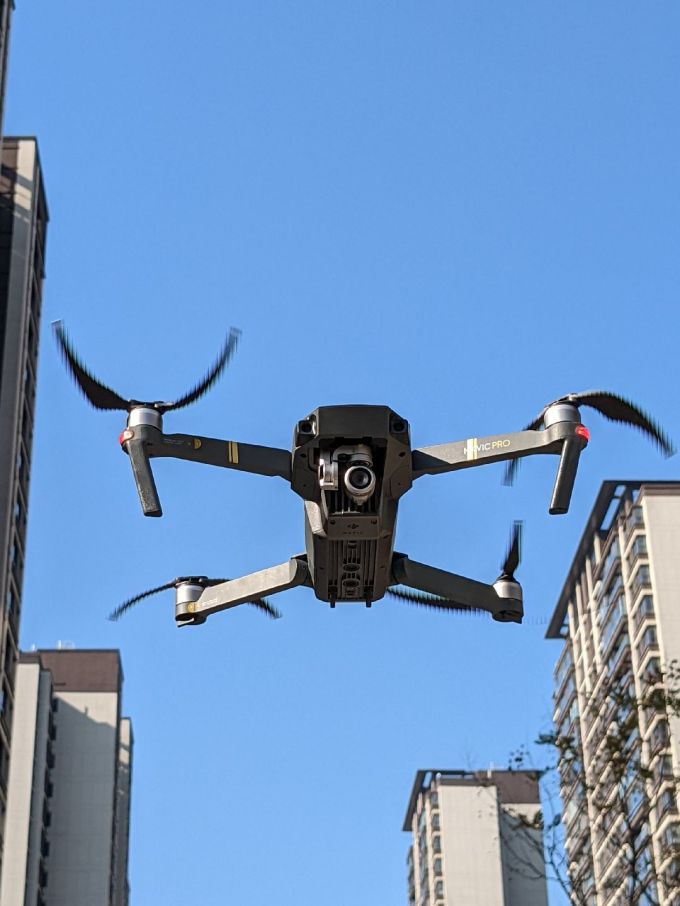Drone strikes have increasingly become a focal point in modern military and geopolitical discussions. As nations seek advanced technology to combat threats, the utilization of drones has seen a remarkable rise. These unmanned aerial vehicles (UAVs) provide strategic advantages including surveillance, reconnaissance, and targeted operations, impacting both military strategies and civilian life.

The Mechanisms Behind Drone Strikes
Drone strikes are conducted using remote-controlled aircraft equipped with advanced technology to identify, pursue, and eliminate targets. The precision offered by drones aims to minimize collateral damage, making them a preferred choice in conflict zones. However, the debate over their effectiveness and ethical implications continues, especially as their usage expands.
Advantages and Disadvantages
Drones offer the ability to carry out missions without risking military personnel and can provide 24/7 operations, increasing coverage and efficiency. On the downside, drone strikes can lead to unintended casualties, with civilian areas often finding themselves embroiled in conflict due to misidentification or intelligence failures.
Global Perspectives
International Reactions: Globally, drone strikes have been met with varying perspectives. While some governments embrace the technology as a necessary evolution of warfare, others criticize it for breaching sovereign rights and increasing geopolitical tensions. The implications of drone strikes on international relations are complex and far-reaching.
Legal and Ethical Concerns
The legality of drone strikes is often questioned, especially in cases where operations are conducted across borders without explicit consent. Ethical concerns arise over transparency, accountability, and the value of human life. As the global community grapples with these issues, regulations and laws are being scrutinized and challenged.
Drone Strikes on Civilian Life
Beyond the battlefield, drone strikes have a profound impact on civilian populations. Those living in conflict zones often experience psychological distress, social disruption, and economic instability due to the threat of drone operations. Addressing the humanitarian aspect is crucial in evaluating drone strategies.
Future Trends
Technological advancements are set to redefine drone capabilities, making them more autonomous and efficient. Nations investing in drone technology are likely to push the boundaries of surveillance and combat operations. With artificial intelligence and machine learning playing roles in future drone designs, understanding the balance between security benefits and ethical concerns is imperative.
FAQs
Q: How do nations regulate drone strikes? Nations tend to follow international law guidelines, relying on treaties and agreements. However, the lack of a unified global policy makes regulation inconsistent across borders.
Q: Can drone strikes be considered a violation of international law? There is ongoing debate among legal experts. While some argue that they can violate international law due to sovereignty issues, others see them as lawful under certain conditions.
Q: What measures are taken to prevent civilian casualties? Efforts include improved surveillance technology, stringent operational protocols, and post-strike assessments, but challenges remain.
As drone strikes continue to evolve in efficacy and complexity, understanding their implications in the geopolitical and civilian spectra becomes increasingly vital. Discussions on the ethical, legal, and societal dimensions will shape the future of military technology and international diplomacy.